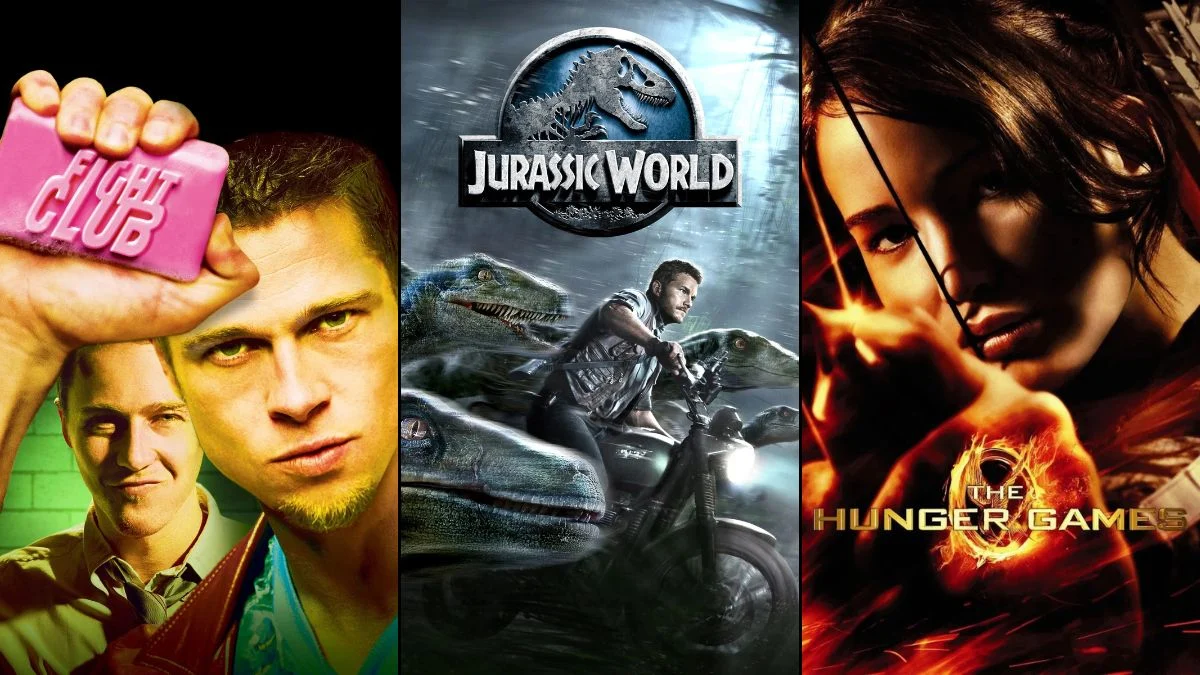
For decades, Hollywood has made films intending to offer thoughtful messages about society or teach viewers important lessons. These movies often promote ideas like protecting the environment, being critical of excessive consumption, and opposing violence and corporate wrongdoing. However, there’s often a contradiction between what the film says and how the movie industry actually operates. It’s ironic when a film criticizes the same behaviors that allowed it to be made and advertised. This article highlights twenty-five examples of films where the message and the reality behind the scenes didn’t quite match up.
‘The Lorax’ (2012)
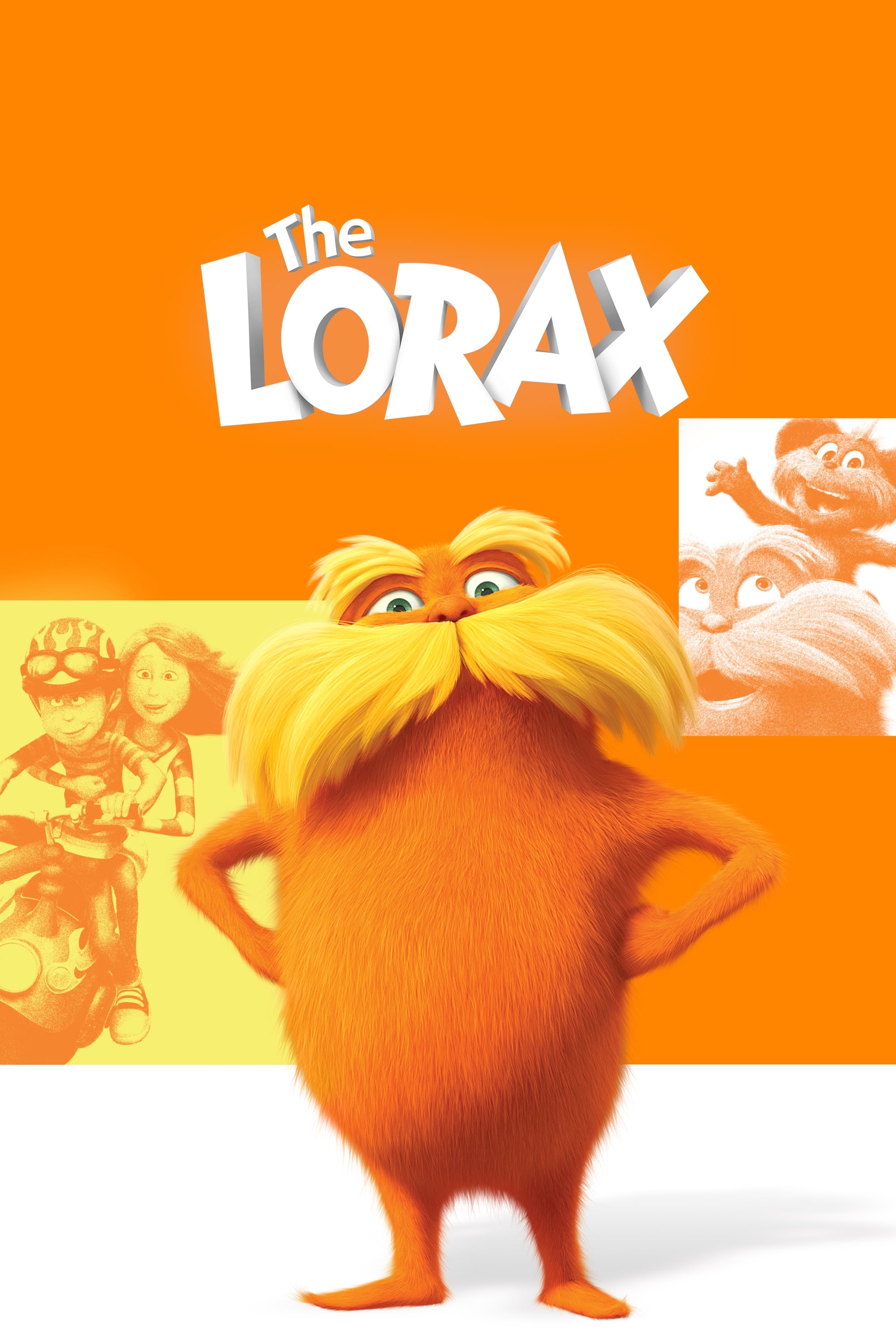
The film is based on the well-known Dr. Seuss story that warns against the harms of industrial development and highlights the need to protect the environment. Ironically, Universal Pictures promoted this message of anti-consumerism by partnering with over seventy companies for advertising. Ads for products like SUVs and disposable diapers even used characters from the film, which seemed to go against the story’s original message. Many critics pointed out that the movie softened the original environmental warning to make a more appealing and widely marketable product.
‘Fight Club’ (1999)

David Fincher’s film is a sharp, cynical look at how our obsession with buying things can leave us feeling empty inside, and it challenges men to break free from what society expects of them. The story directly criticizes the idea of defining who you are by the brands you buy. It’s ironic that the unique style of the character Tyler Durden actually inspired popular fashion and expensive products. Despite aiming to poke fun at commercialism, the film itself became a huge success and made a lot of money through those same commercial channels, becoming a beloved cult classic.
‘WALL·E’ (2008)
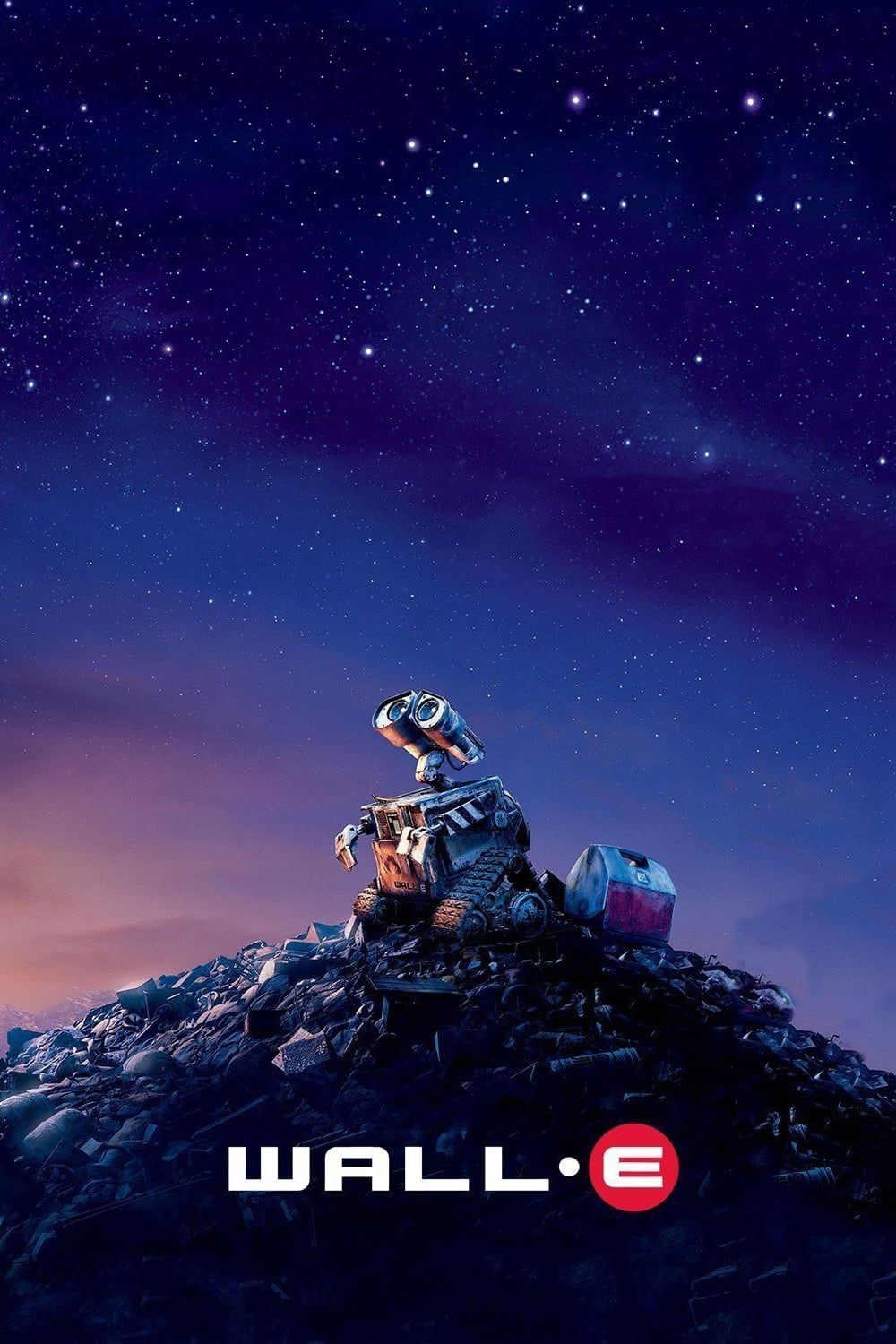
Pixar’s film depicts a solitary robot tasked with cleaning up a ruined Earth, a consequence of excessive consumption and pollution. The story criticizes a powerful company that promotes constant buying and inactive lifestyles. Ironically, Disney heavily promoted the film with a large collection of plastic toys and electronic devices. Many people noted the disconnect between the film’s message about waste and the marketing campaign that created even more of it.
‘Jurassic World’ (2015)
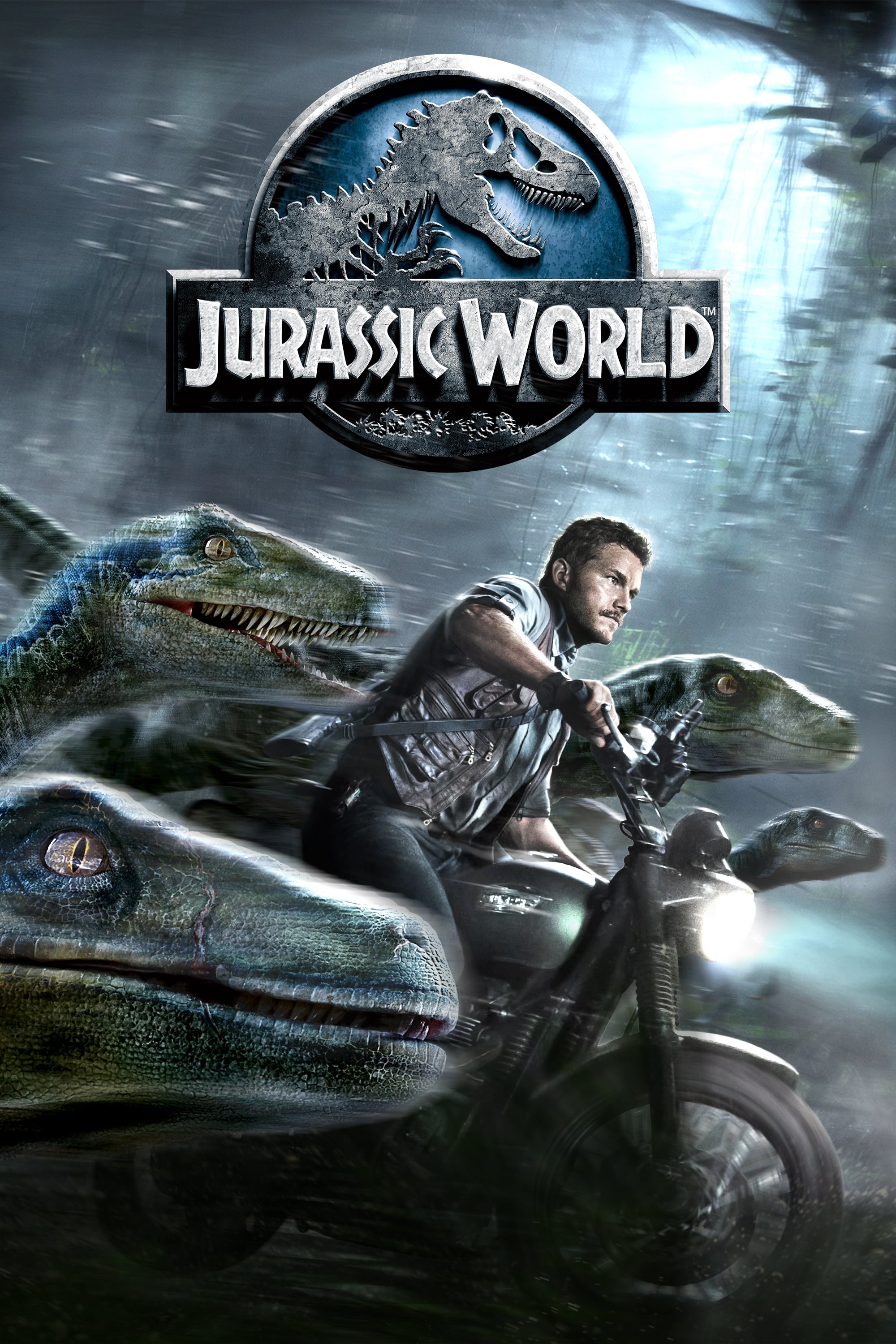
The movie’s story centers on the excessive pride of company leaders who see animals as nothing more than a way to make more money. Characters point out that the park’s owners prioritize sponsorships and new attractions over ethical considerations, all to attract more visitors. Interestingly, viewers observed that the film itself was filled with obvious advertisements for cars and electronics. This created a striking irony: the movie’s grand spectacle depended on the same marketing tactics it criticized in its story.
‘The Hunger Games’ (2012)
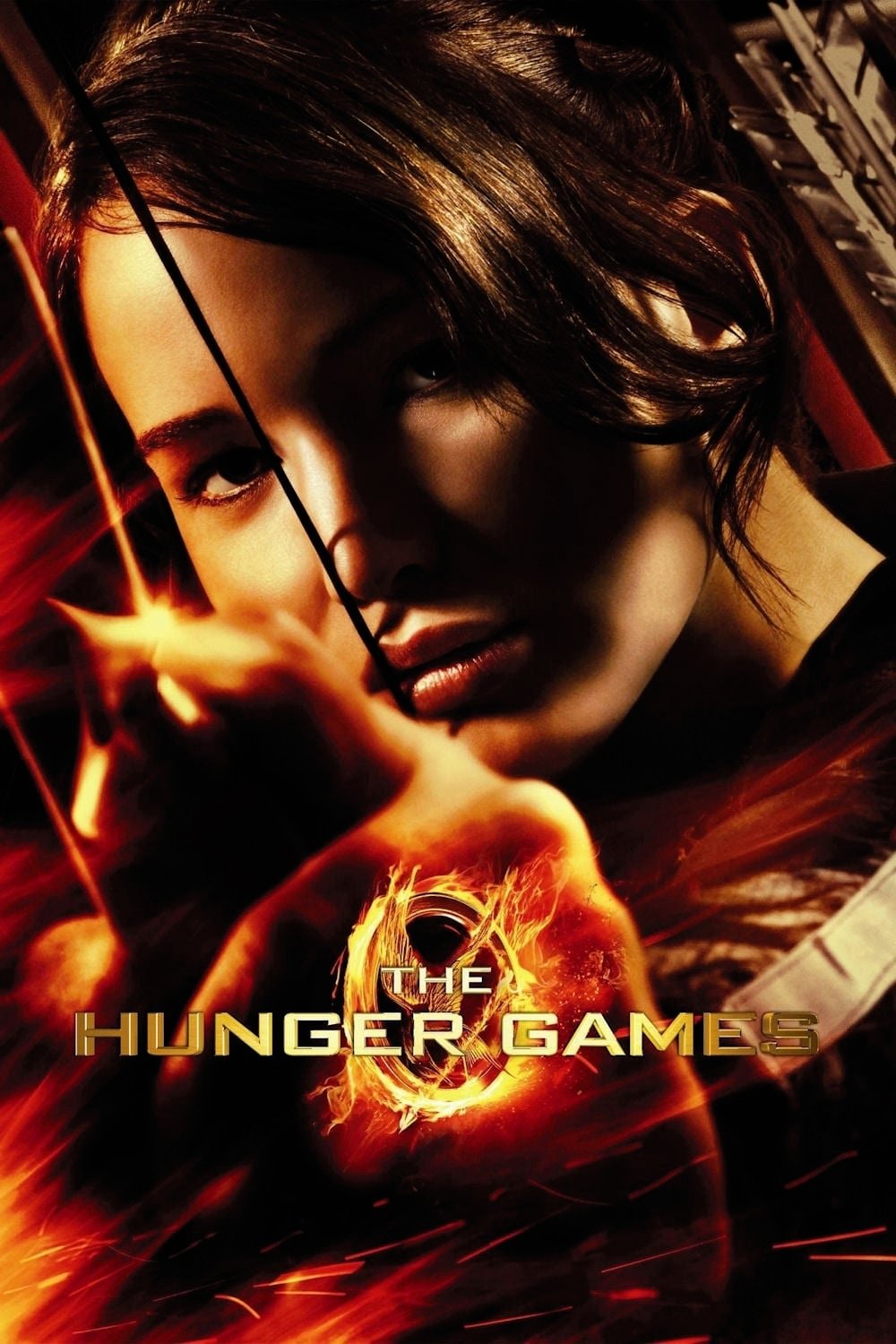
This series is set in a troubling future where the rich keep the poor distracted by a brutal, televised fight to the death. The story criticizes how violence is used for entertainment and our tendency to watch and enjoy other people’s misery through reality TV. The studio promoted the film by acting as if the deadly competition was a real, exciting sporting event. This caused viewers and reviewers to question whether it was okay to be entertained by something that actually condemns that very thing – finding enjoyment in the suffering of others.
‘Ready Player One’ (2018)
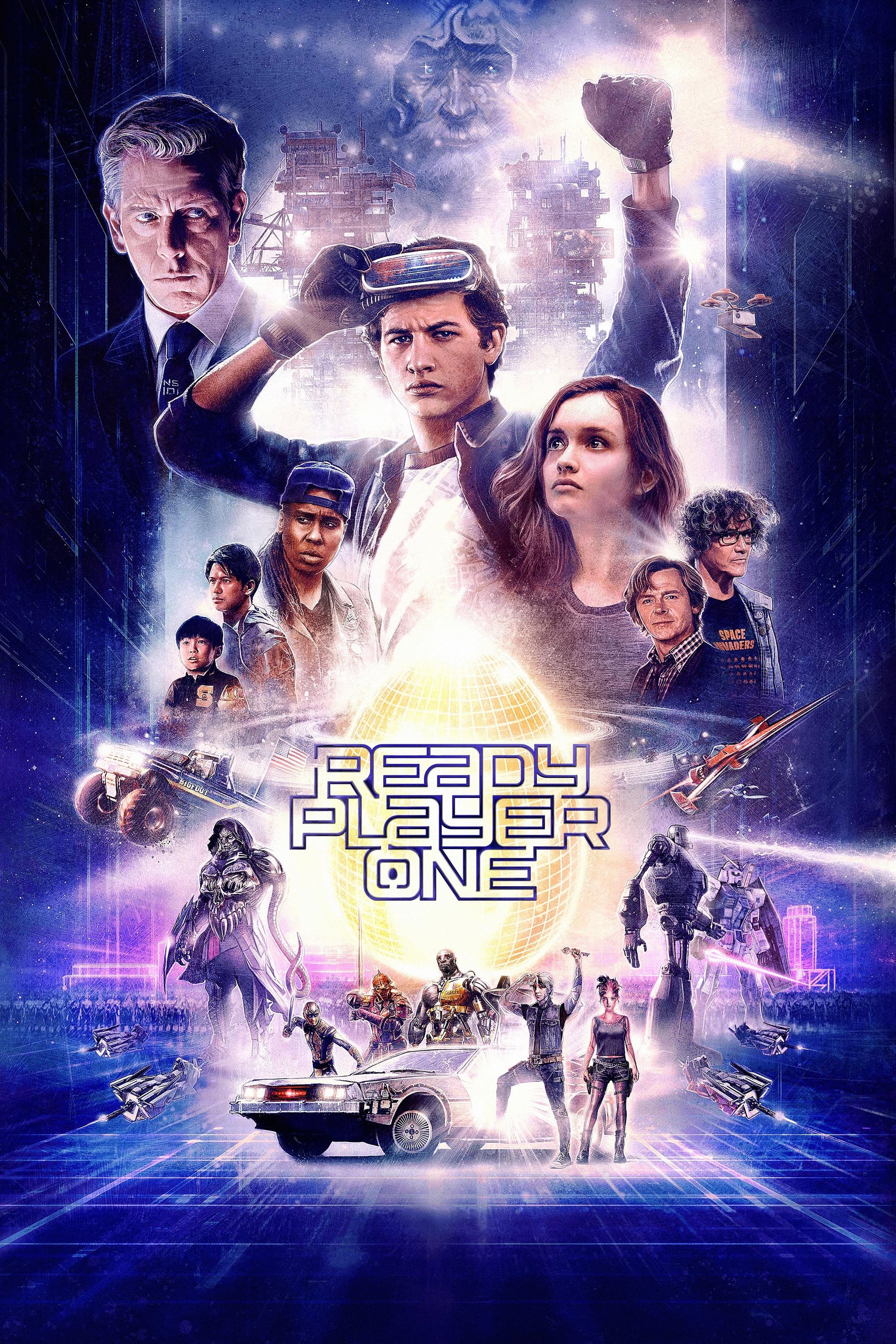
This adventure, directed by Steven Spielberg, takes place in the future where people escape a decaying world by entering a virtual one. The main character ultimately discovers that real life is where genuine happiness and connection are found. The film heavily features references to beloved pop culture and showcases a lot of digital content. Ironically, while filled with corporate branding and familiar characters, the movie’s message is about disconnecting from it all.
‘Avatar’ (2009)

James Cameron’s film is a stunning visual experience with a powerful message about protecting nature from the damaging effects of unchecked industrial growth. It tells the story of the Na’vi, a native people who live peacefully with their environment and struggle against destructive mining. Making the film was a huge technical undertaking and cost a fortune, showcasing the extravagance often seen in Hollywood. Ironically, the film’s success led to a lot of related products and theme park rides that actually promote the kind of industrial tourism its characters oppose.
‘Don’t Look Up’ (2021)
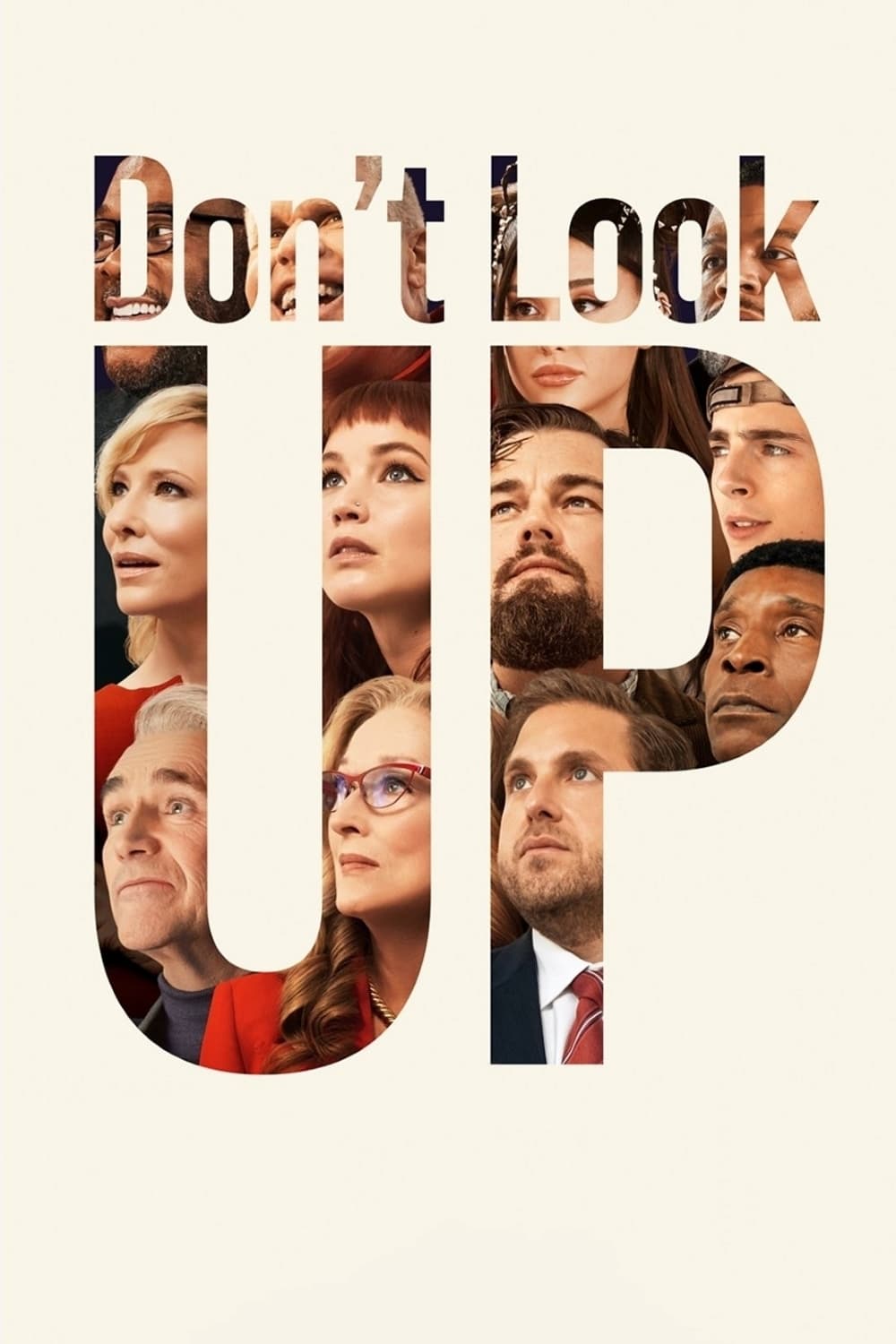
The movie is a powerful metaphor for how people ignore climate change and the difficulty governments and the media have in responding to serious dangers. It features a well-known cast playing scientists struggling to convince the world about a comet headed for Earth. Some critics pointed out the irony of the film’s message, arguing it came from the same celebrity culture it was criticizing. The fact that famous actors were urging action while living lavish lifestyles, like flying in private jets, bothered some viewers.
‘The Wolf of Wall Street’ (2013)
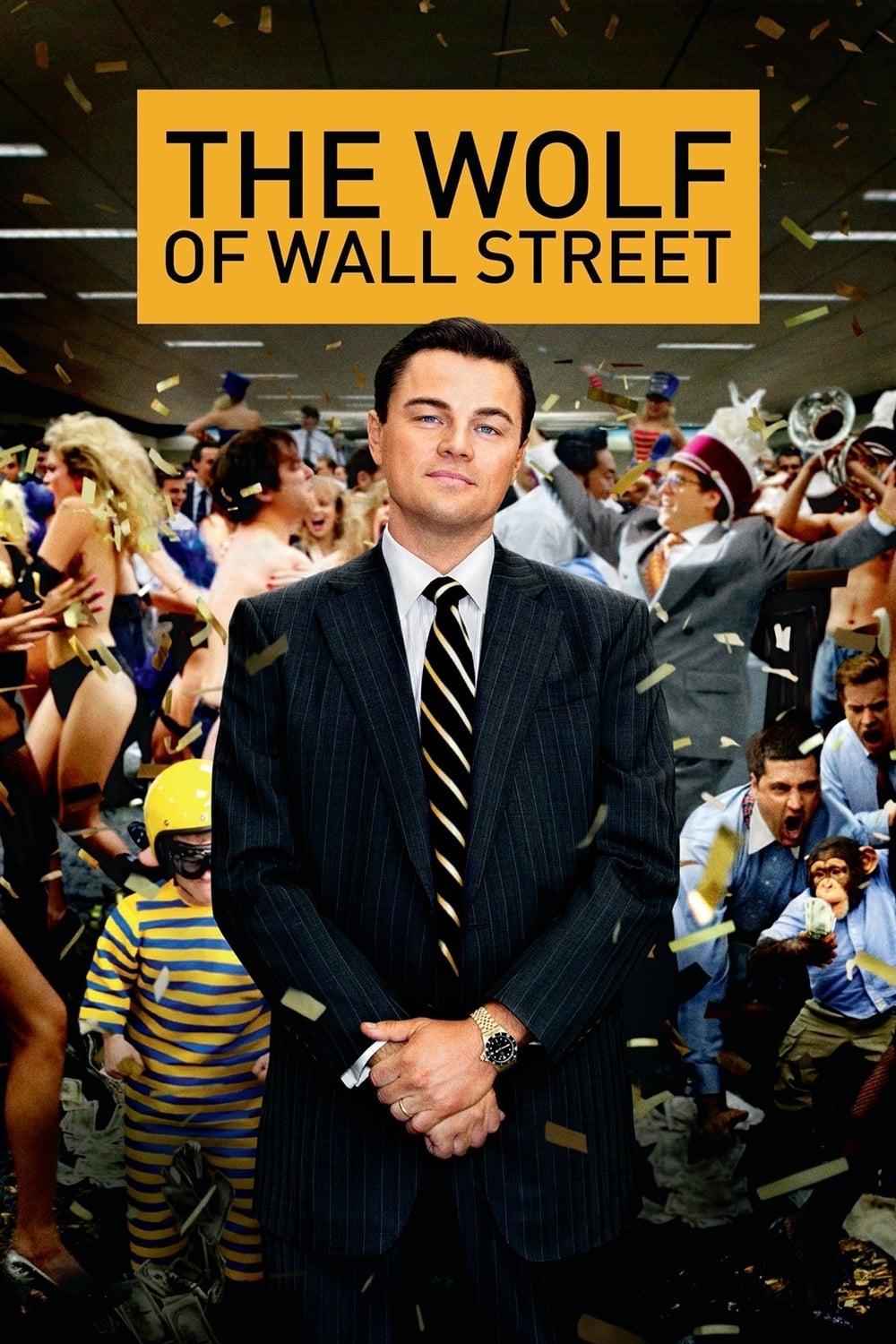
Martin Scorsese’s film shows how stockbroker Jordan Belfort quickly rose to success and then fell due to his dishonest practices. It’s meant to reveal the emptiness and damaging results of extreme greed. However, some viewers mistakenly saw the wild parties and lavish wealth as something to admire, rather than as a warning. People who knew Belfort also criticized the film, arguing that it actually benefited from the crimes it portrayed by turning a criminal into a celebrity.
‘Sex and the City 2’ (2010)
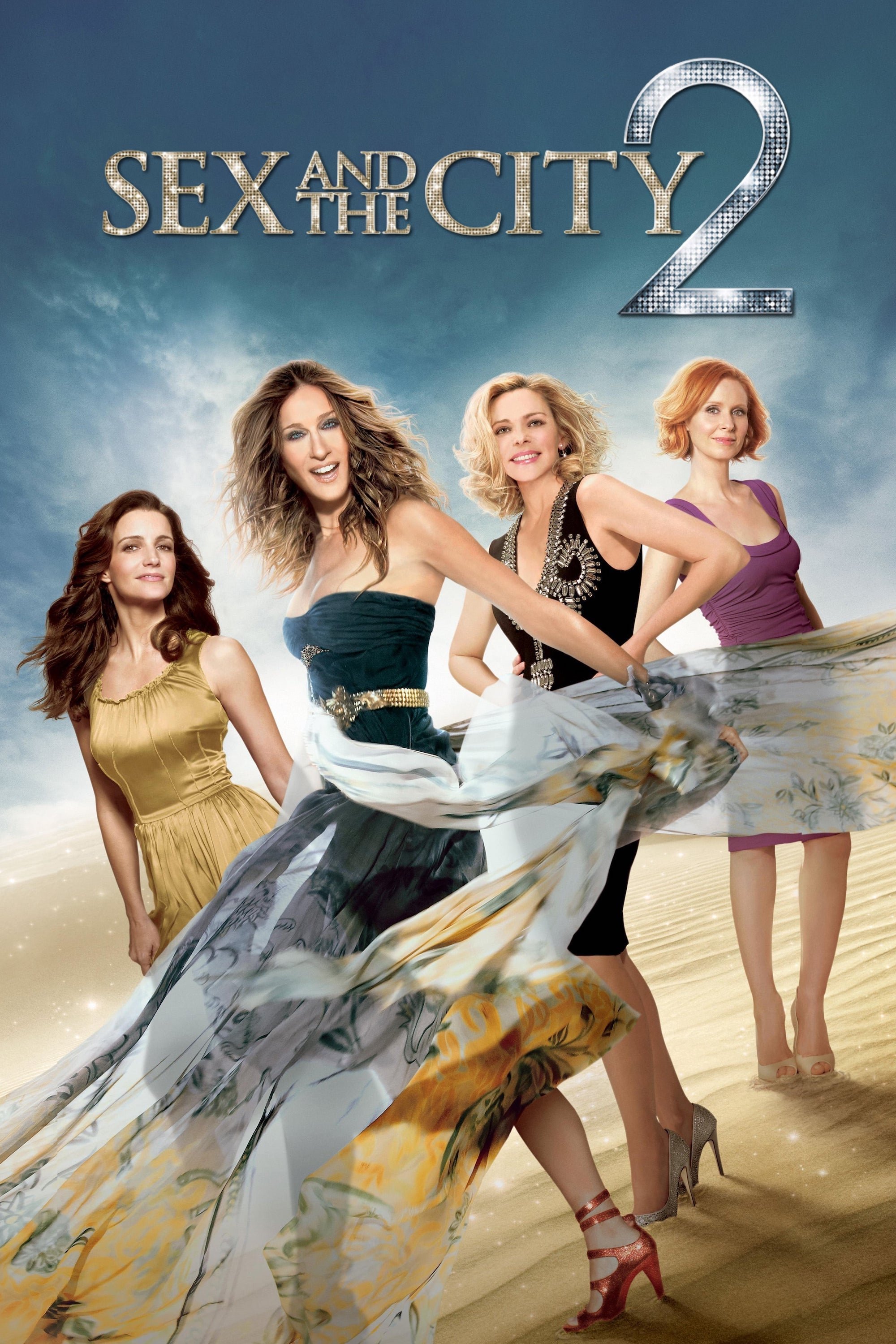
The movie sequel tries to tackle issues of female strength and the difficulties modern women face in marriage. However, the story follows four main characters on a trip to Abu Dhabi where they repeatedly behave disrespectfully towards the local culture. While the film promotes independence, it also portrays the characters as obsessed with buying expensive things. Critics pointed out that the movie claims to support women’s rights, but uses a country with strict rules as just a pretty, fashionable setting.
‘Green Book’ (2018)

As a film lover, I recently watched a movie set during segregation about the friendship between a Black pianist and his Italian-American driver. While the story intended to show how people could connect despite racial prejudice, it really rubbed a lot of people the wrong way. Critics, and especially the pianist’s family, felt the film unfairly focused on the white driver’s perspective and fell into the tired ‘white savior’ trope. There was a lot of criticism that the filmmakers watered down the complexities of race relations to make it more comfortable for a mainstream, white audience, and honestly, I can see their point.
‘The Greatest Showman’ (2017)
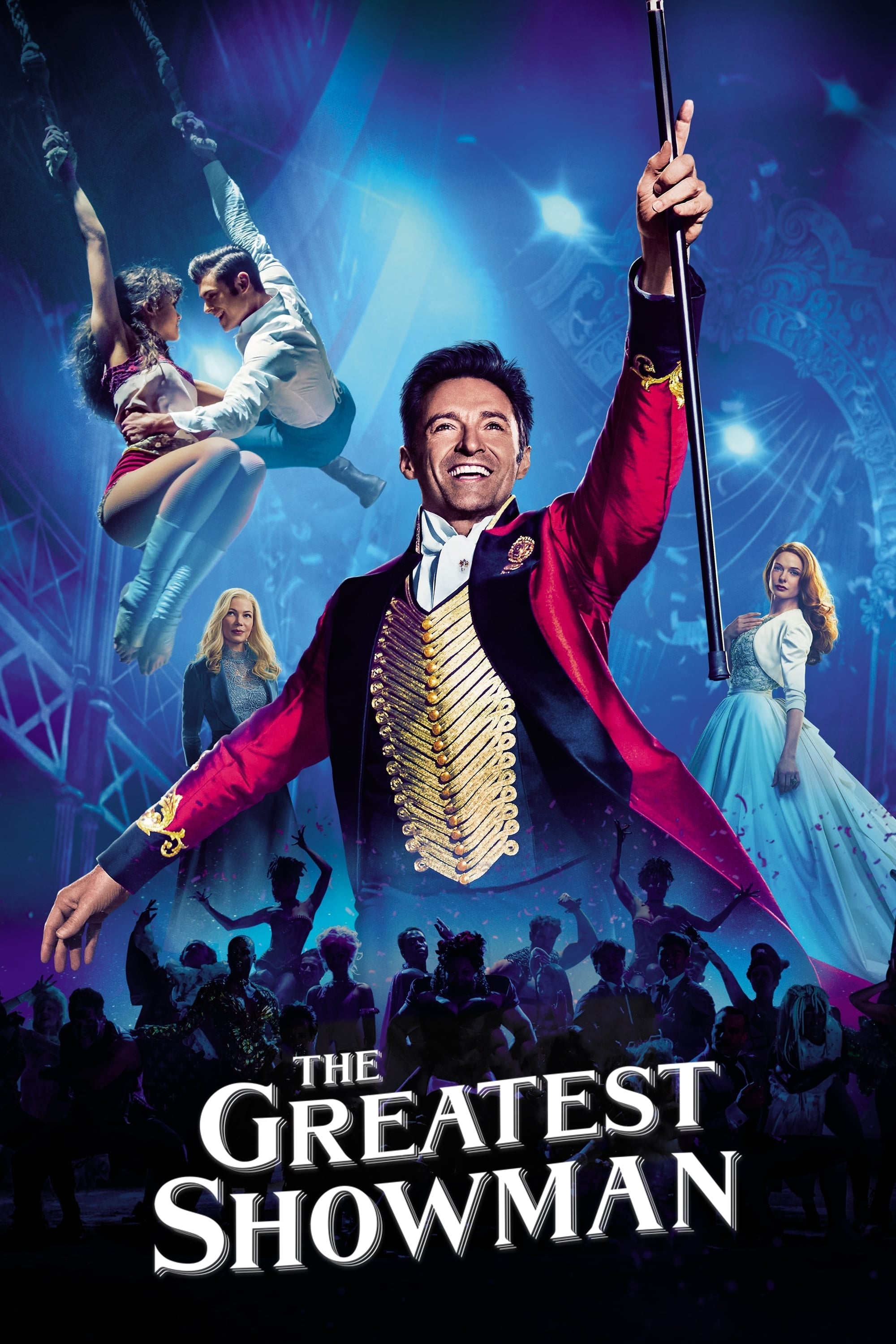
The musical film starring Hugh Jackman tells a celebratory story about the beginnings of show business and embracing individuality. It presents P.T. Barnum as a forward-thinking figure who gave a platform to people society often overlooked. However, historical accounts reveal the real Barnum frequently took advantage of these same individuals for financial gain and didn’t treat them well. The film reimagines this history of exploitation, turning it into an uplifting message of empowerment and acceptance.
‘Rent’ (2005)
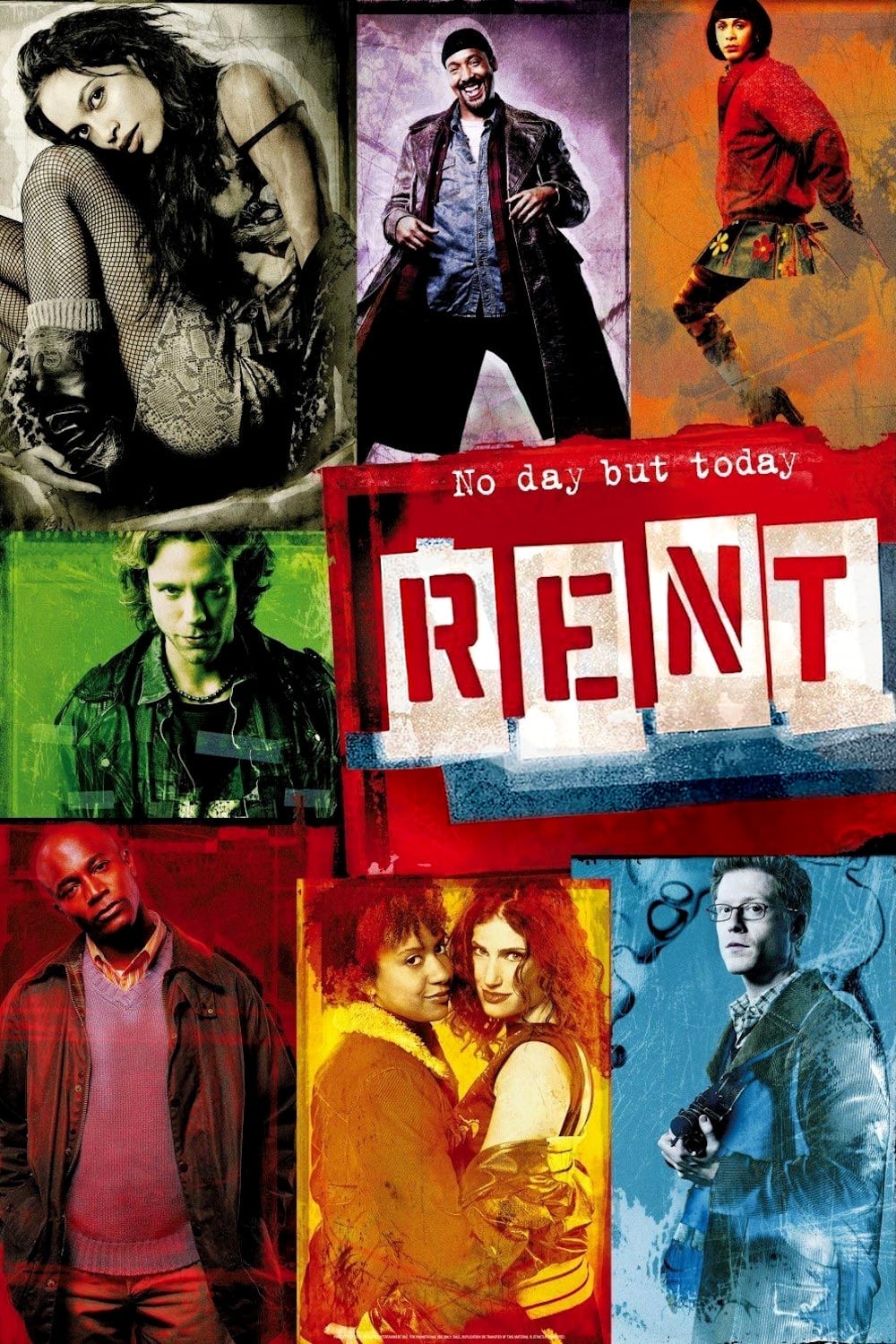
This movie is based on a popular Broadway show about struggling artists living in New York City. The characters protest traditional jobs and paying rent as a way to fight against the established order. However, the film was a big-budget production from a major Hollywood studio, which many viewers found ironic given the show’s anti-capitalist message.
‘Pocahontas’ (1995)
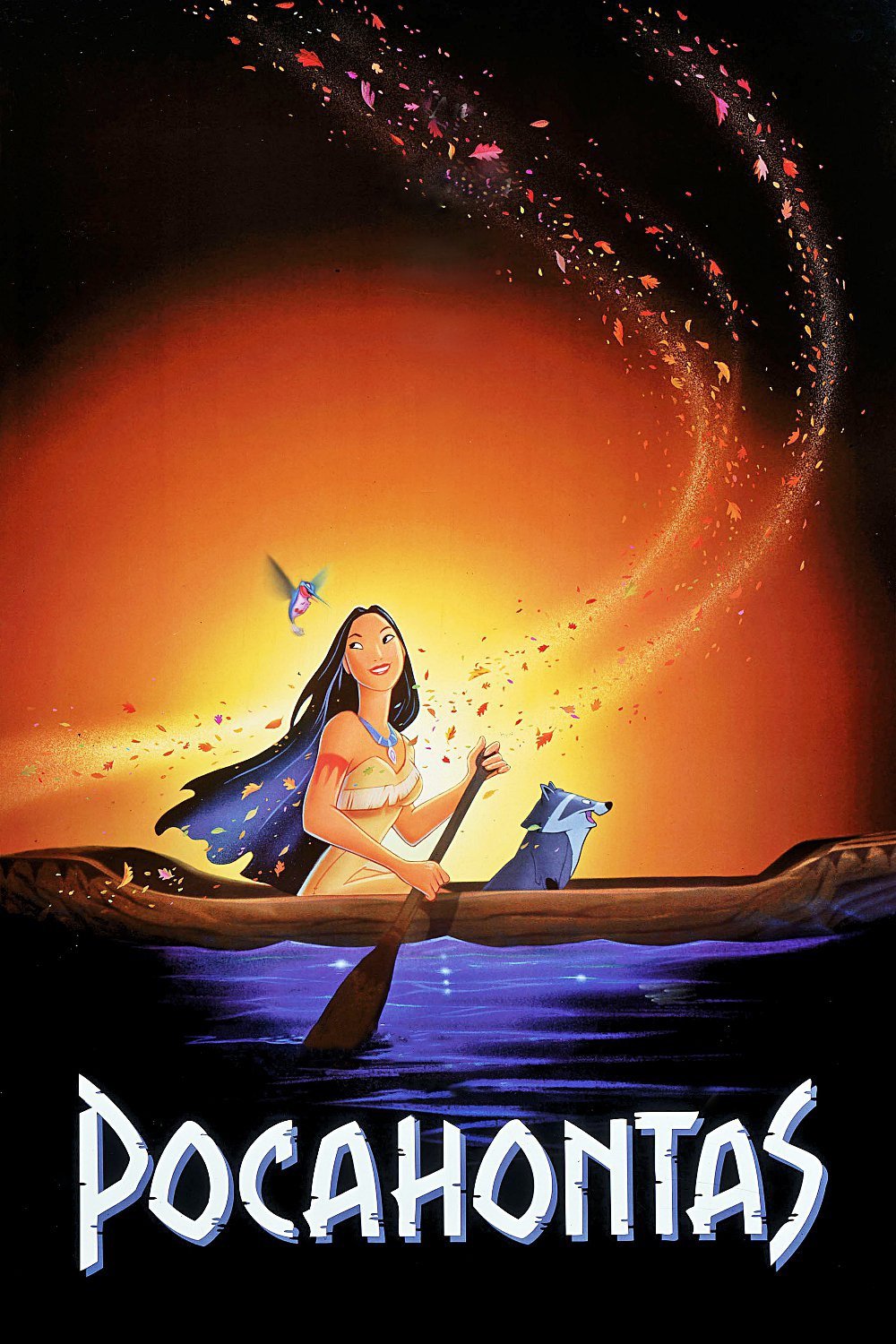
Disney’s ‘Pocahontas’ offers a softened and romanticized version of the story of the first encounters between Native Americans and English colonists. While the film aims to promote tolerance, cultural understanding, and respect for the environment, historical accounts paint a very different picture. The real Pocahontas was a child who experienced hardship and trauma, not a willing participant in a love story. Many critics have pointed out that the movie simplifies the harsh realities of colonialism to create a more appealing and marketable tale.
‘Space Jam: A New Legacy’ (2021)
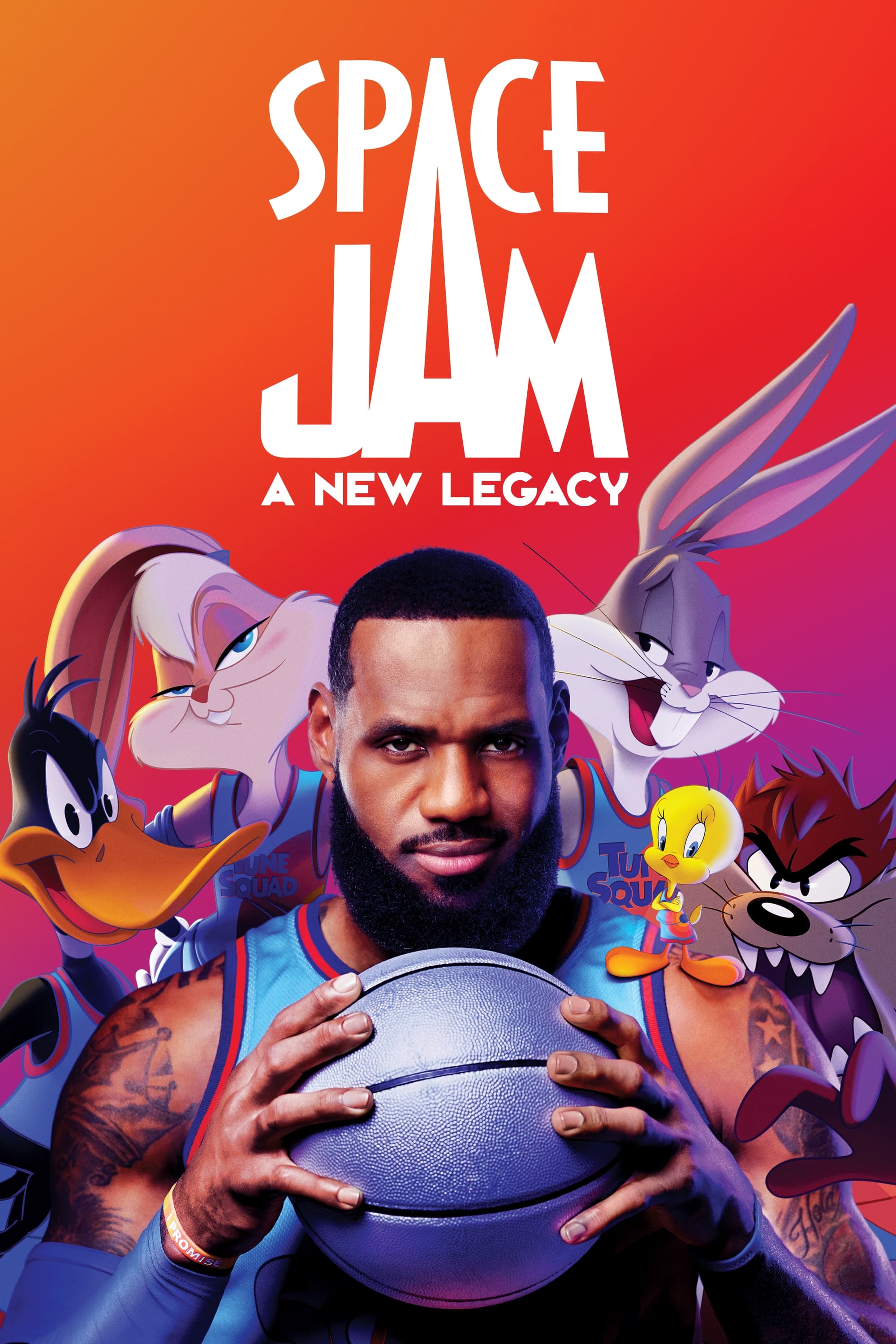
The movie centers on LeBron James’s quest to rescue his son from a dangerous AI that prioritizes data and algorithms over human connection. The villain sees people as just numbers to be manipulated for popularity. Warner Bros. showcases a huge number of its famous characters in a clear example of cross-promotion. Ironically, the film itself uses the same kind of formulaic, engagement-driven content creation that the villain champions.
‘The Blind Side’ (2009)
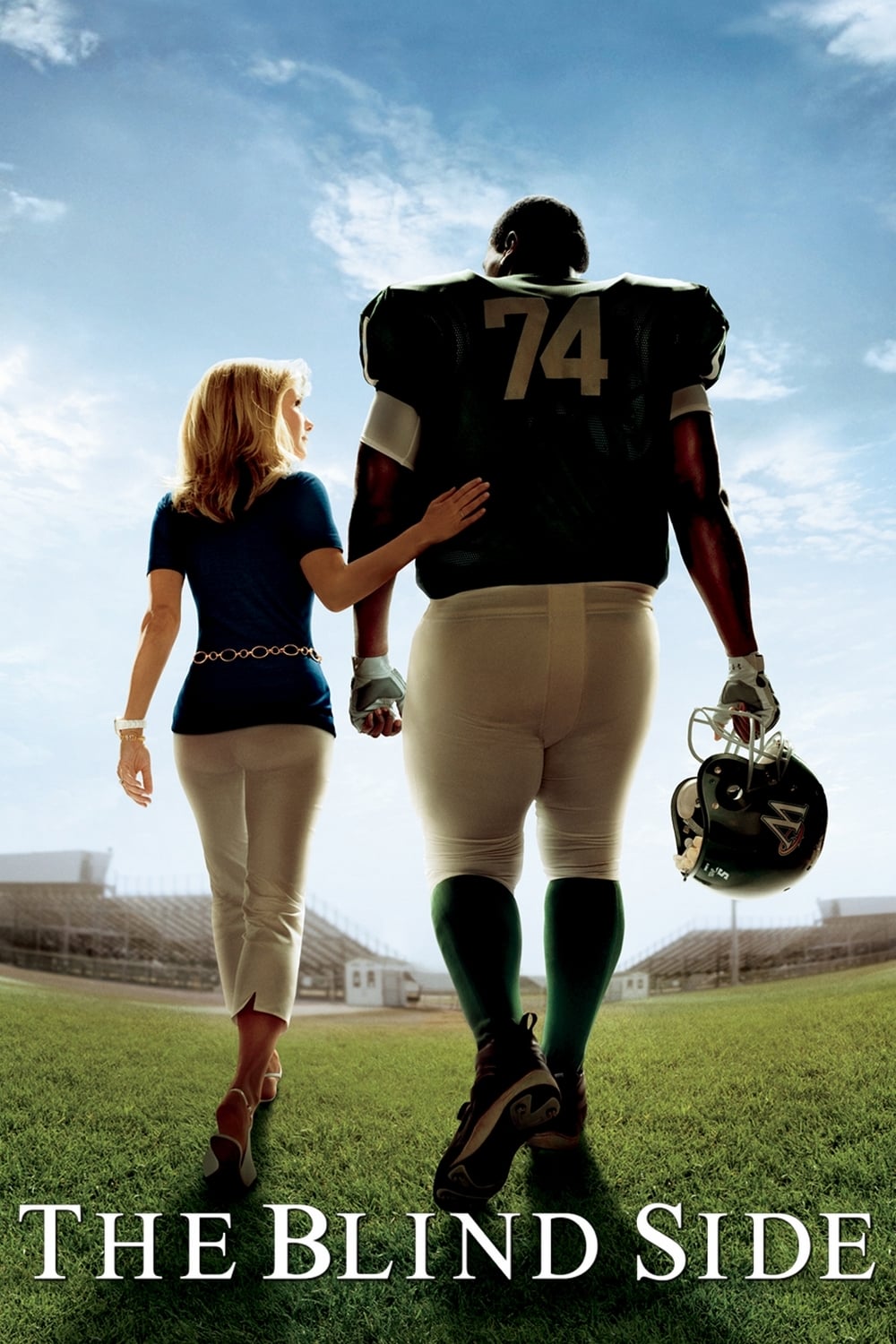
The film starring Sandra Bullock tells the story of Michael Oher, an NFL player, and his adoption by a well-off white family. While presented as an inspiring story about generosity and the impact of kindness, Michael Oher later stated that the movie misrepresented him as someone lacking intelligence and agency. He felt the film unfairly took credit for his achievements, as the family financially benefited from a story that downplayed his own efforts.
‘American Sniper’ (2014)

Clint Eastwood’s film is a war story based on real events, meant to show the mental effects of taking a life in battle. However, it was largely promoted and seen as a proud portrayal of skilled soldiers. While some scenes aimed to depict the horrors of war, they often came across as typical action movie moments. Critics disagreed about whether the film truly examined the psychological damage of fighting or just glorified the idea of being a sniper.
‘Crash’ (2004)
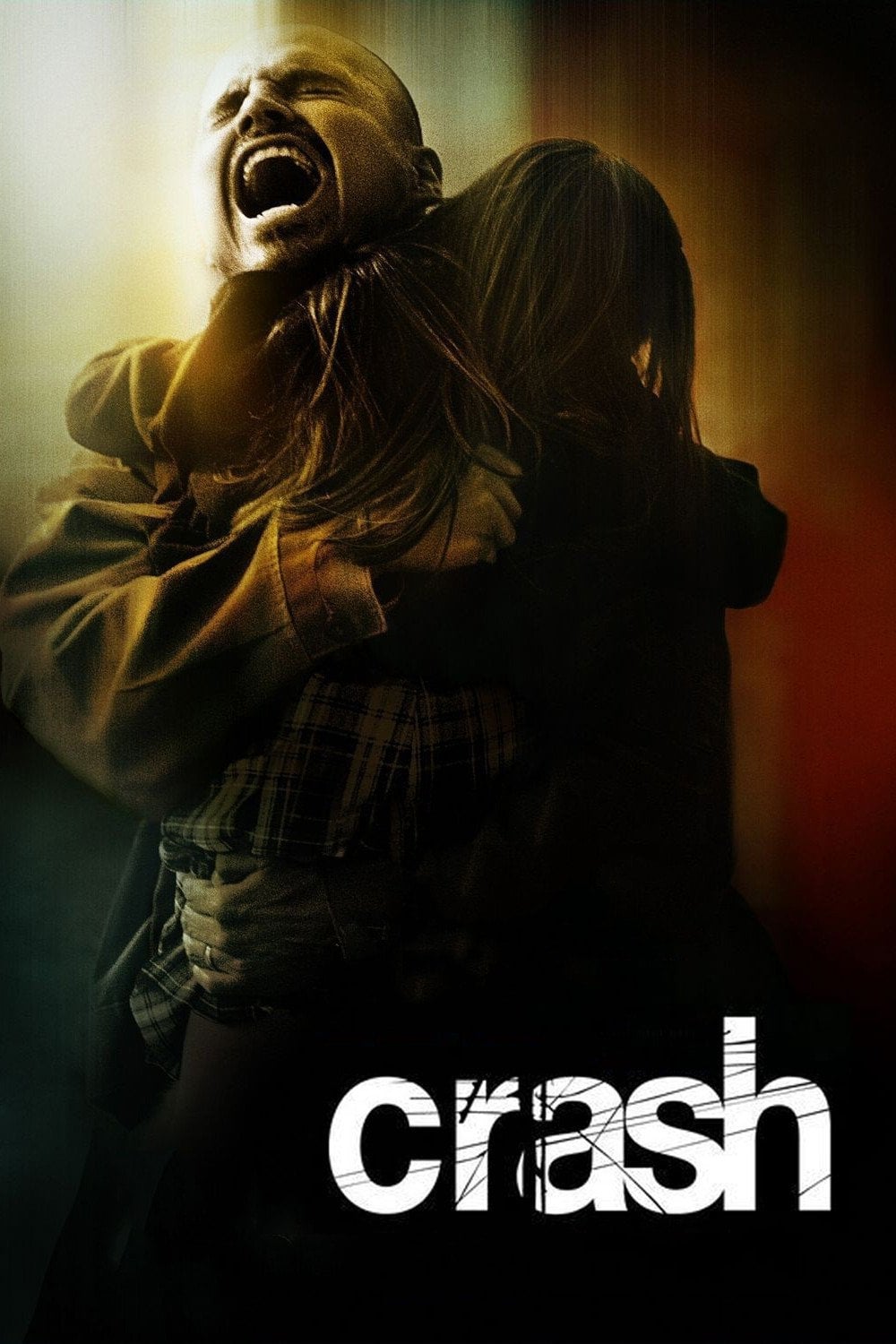
This film connects several stories to reveal how widespread racism and prejudice are in Los Angeles. It won Best Picture because it honestly addressed challenging social problems. However, many critics thought the script used overly simplistic and damaging stereotypes, ironically supporting the biases it tried to fight. The movie suggests that simply having conversations with individuals can fix deeply rooted racism, offering a solution that doesn’t address the larger systemic issues.
‘Natural Born Killers’ (1994)
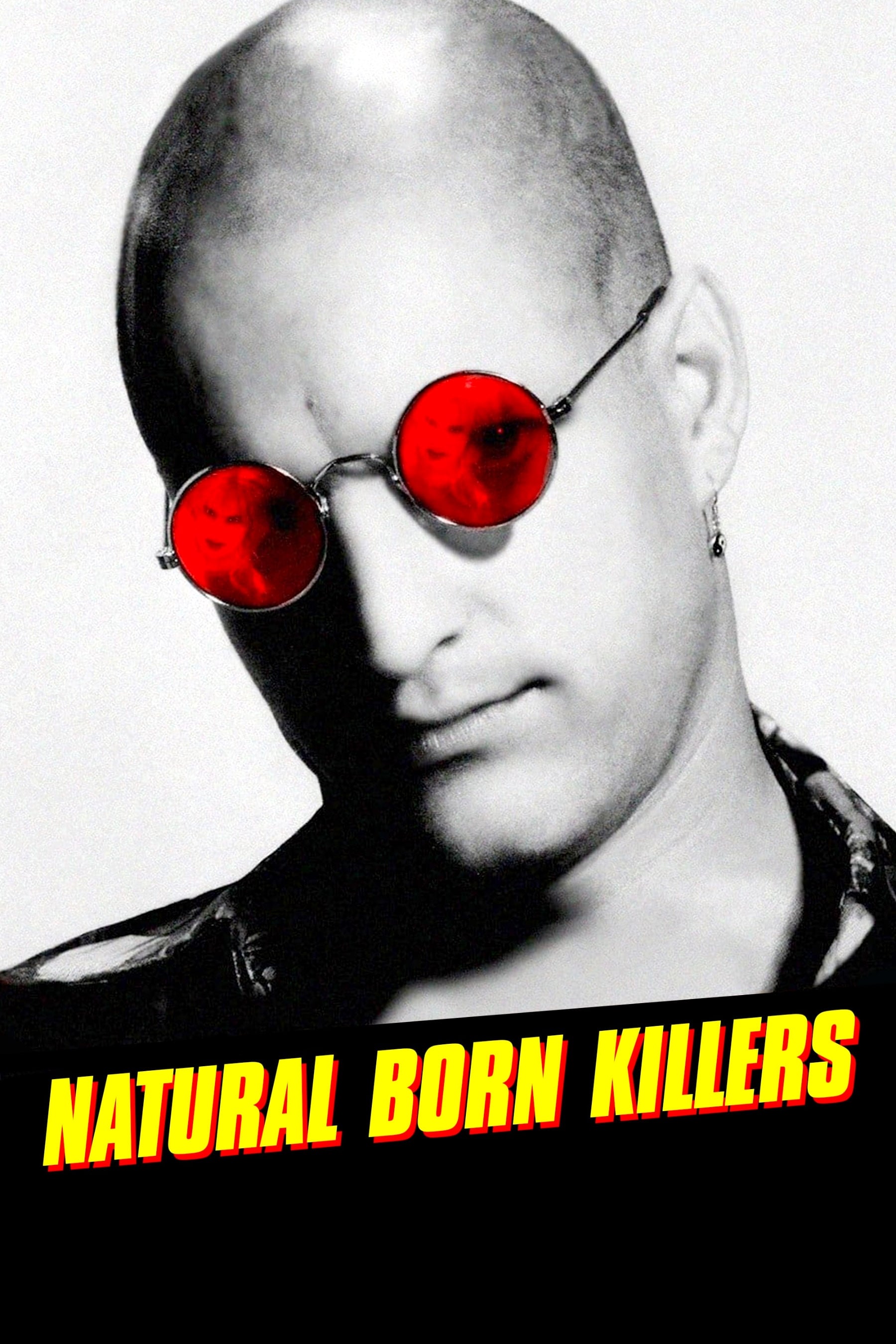
Oliver Stone’s film is a fast-paced and critical look at how the media can turn criminals into famous figures. It uses a deliberately chaotic and visually jarring style to reflect the sensationalism found in television news. Ironically, the movie itself was connected to real-life copycat crimes after its release, becoming the very type of spectacle it aimed to critique by offering a stylish and violent experience that captivated viewers.
‘Wonder Woman 1984’ (2020)
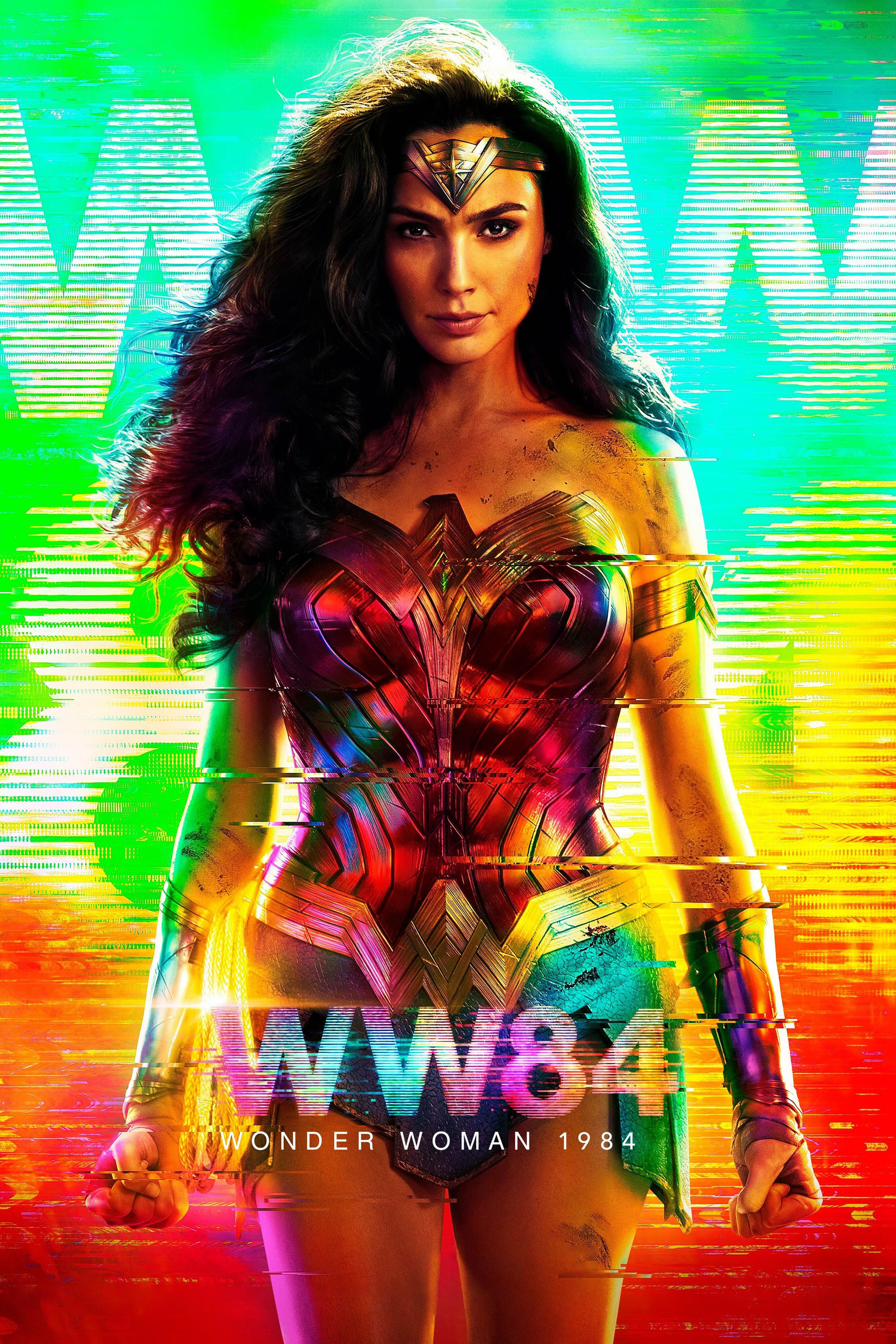
The latest superhero movie focuses on the idea that truth and love are the most powerful forces for good. Wonder Woman encourages people to reject violence and the pursuit of excessive possessions. However, the story includes a controversial plot point where the heroine temporarily inhabits a man’s body, putting him in harm’s way without his permission. Many viewers felt this contradicted the film’s message of empathy and respect for others, as it represented a clear violation of personal boundaries.
‘Mulan’ (2020)

Disney’s new live-action Mulan tells the story of a legendary female warrior and seeks to celebrate Chinese culture. While it focuses on themes of courage and faithfulness, it doesn’t include any songs from the animated version. However, the film faced criticism for thanking government organizations in Xinjiang – a region with documented human rights concerns – in the credits. This sparked debate because the production also presented itself as supporting freedom, creating a contradiction given the situation in that region.
‘You’ve Got Mail’ (1998)
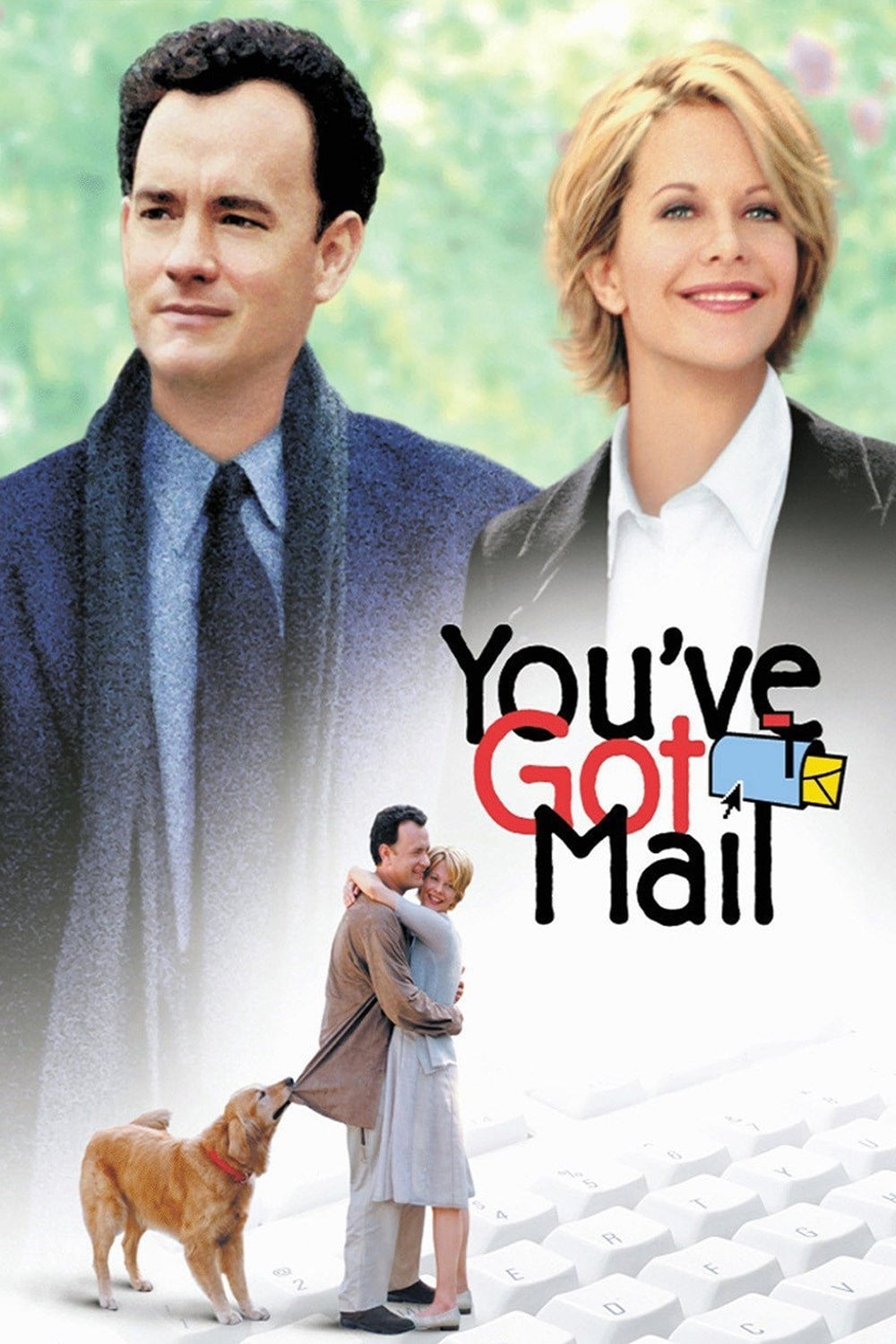
This romantic comedy tells the story of a small bookstore owner struggling to compete with a large corporate chain. Things get complicated when she falls for the executive in charge of the chain, who ends up forcing her to close her shop. The movie surprisingly portrays this destruction of her business and local commerce as a love story, asking viewers to root for a relationship built on the failure of her life’s work.
‘The Circle’ (2017)
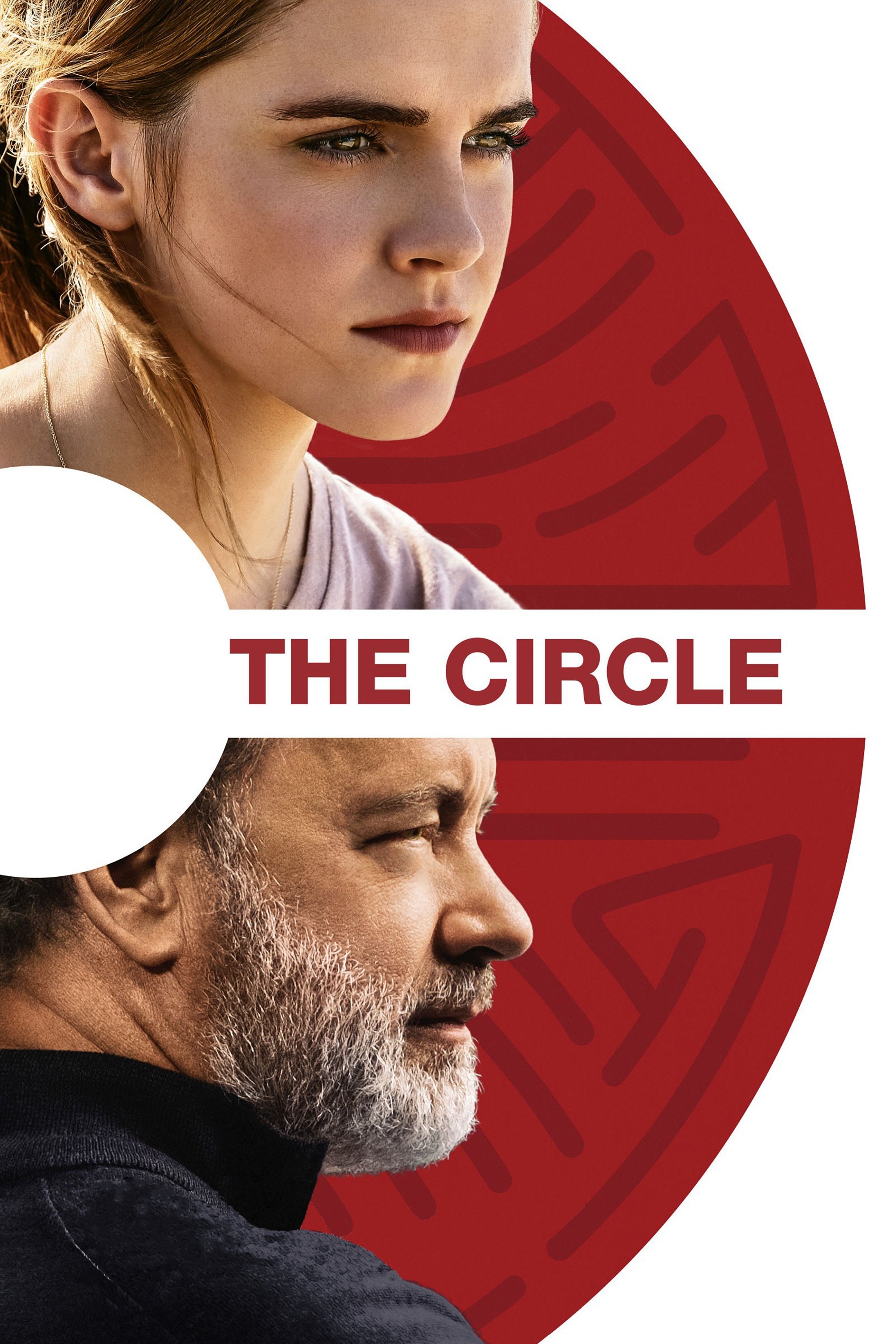
Emma Watson leads a thriller exploring the dangers of losing privacy in today’s world of social media and constant monitoring. The film centers on a tech company that requires its employees and users to share everything. While the movie itself didn’t resonate with viewers, it was released through platforms that heavily rely on collecting user data. This creates a striking irony: the film criticizes the very data-driven system it’s a part of.
‘Yesterday’ (2019)

The film presents a world without The Beatles, where an unknown musician gains popularity by falsely claiming their songs as his own creations. Ultimately, the story emphasizes the importance of honesty and artistic principles over achieving fame and wealth. Universal Pictures heavily promoted the movie using The Beatles’ iconic music, creating an ironic situation where the film’s success relies on the very work its main character attempts to take credit for, before realizing the value of genuine artistry.
‘Barbie’ (2023)
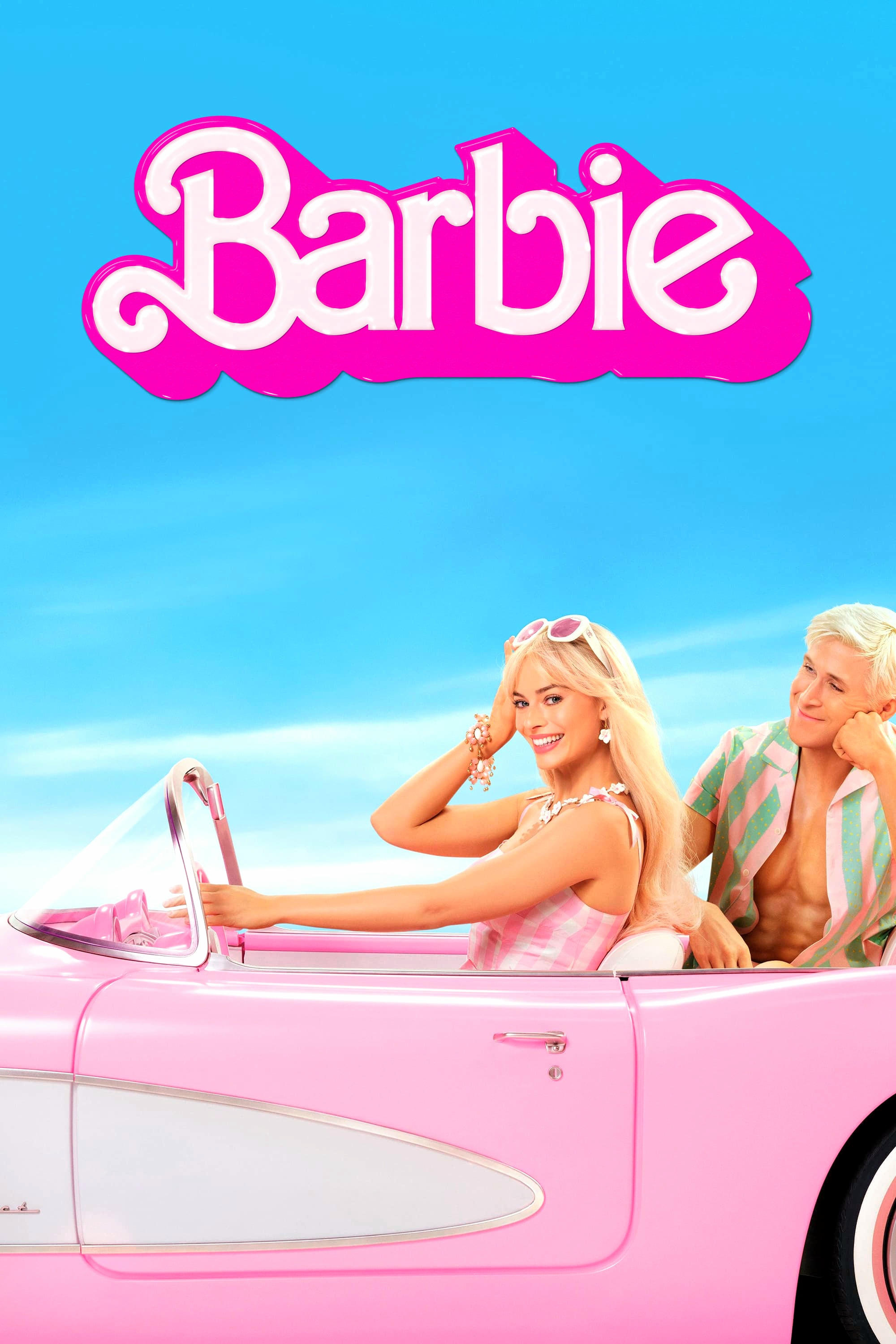
Greta Gerwig’s new film is a huge hit that cleverly examines societal expectations for women and challenges traditional power structures. It takes a look back at the history of the iconic doll and its impact on how we buy things. Interestingly, the company that makes the doll, Mattel, also produced the film as a way to boost its brand and sell more toys. So, the movie manages to be both a critical look at consumerism and a smart marketing move for a major corporation.
We’d love to hear your opinions on movies that didn’t follow through on their own messages. Share your examples in the comments below!
Read More
- 39th Developer Notes: 2.5th Anniversary Update
- Shocking Split! Electric Coin Company Leaves Zcash Over Governance Row! 😲
- Celebs Slammed For Hyping Diversity While Casting Only Light-Skinned Leads
- The Worst Black A-List Hollywood Actors
- Quentin Tarantino Reveals the Monty Python Scene That Made Him Sick
- TV Shows With International Remakes
- All the Movies Coming to Paramount+ in January 2026
- Game of Thrones author George R. R. Martin’s starting point for Elden Ring evolved so drastically that Hidetaka Miyazaki reckons he’d be surprised how the open-world RPG turned out
- Gold Rate Forecast
- Here Are the Best TV Shows to Stream this Weekend on Hulu, Including ‘Fire Force’
2025-11-27 14:17